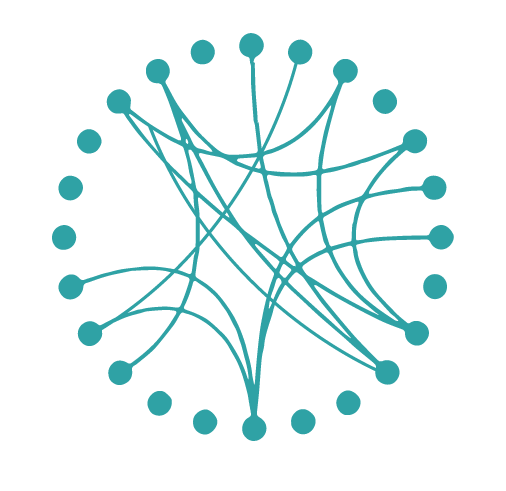Integral therapy for adults and teens in California
Attachment and relational trauma doesn’t have to define your life
Who I am as a trauma therapist
I believe that developing a safe, transparent therapeutic relationship is key to achieving the best outcomes. I’m going to be myself and will always hold space for you to do the same.
You’ll never see me show up to a session in a suit, nor will you catch me holding a clipboard and taking notes the entire time you talk. Together, we’ll work toward healing the parts of yourself that prevent your true inner spark from shining in its entirety.
As a therapist trained in liberation psychology, I’m committed to understanding and naming the ways that your trauma may have been caused by social, political, economic, and cultural forces.
It’s my belief that the well-being of any individual cannot be improved without addressing the impact of discrimination, inequality, and oppression where it exists.
This is an important and central part of my work.
ALL of your lived experience will be taken into consideration as we work to liberate you from the constraints that trauma has placed on your life.
Like many people who experience childhood trauma, you have probably found ways to adapt to the pain of feeling deeply disconnected from yourself or others.
Perhaps you’ve become hyper-independent because you learned early on you couldn’t rely on other people to meet your needs. Maybe you self-medicate or seek ways to distract yourself from the pain of simply being you.
And maybe it works – at least, to a degree.
But you deserve more than a life lived in survival mode.
Healing from childhood trauma is very much available if you’re willing to work through the pain that keeps you stuck and start building a new relationship with your authentic self.
What is attachment and relational trauma?
In early childhood, your literal survival depends on your relationship with your parents and their ability to identify and meet your needs. If your parents were emotionally immature, suffered from mental illness, or were neglectful and/or abusive, then they weren’t able to perform their critical role.
The quality of your relationships with your primary caregivers informs the way you view yourself, how you relate to others, and ultimately creates the lens through which you look at the world.
If you weren’t safe in your home as a child…
If you were forced to parent your parents…
If you had to navigate toxic dynamics, poor boundaries, and self-centered behavior…
Then it’s likely you’re experiencing the impact well into adulthood. That can look like…
Negative self-image
A constant sense of uncertainty or anxiety
Lack of self-worth and confidence
Depression
Inability to identify or express your needs in romantic relationships
Therapy to heal attachment and relational trauma and PTSD
Trauma causes a sense of feeling fractured inside. Therapy to heal any kind of trauma — PTSD, attachment and relational trauma, or societal trauma — is about finding where you have separated from yourself. Together we can integrate those parts to develop a feeling of wholeness.
To facilitate this kind of healing and growth, it’s critical that you are in an environment of safety. My work with my clients is relational first. I create a space for you to show up exactly as you are, knowing that you will be fully accepted.
Therapy to heal childhood trauma is not a linear process. I’m here to move at whatever pace feels safe and manageable for you, and that is different for everyone. It’s important that we don’t overload your system as new insights around your childhood experiences may be challenging to process.
I’ll be honest with you — it’s not unusual to feel worse before you feel better. But with continued willingness to show up for this hard but profound work — the pain will eventually be transformed into freedom and relief.
Trauma recovery is a complex, and highly individualized process.
I use a variety of approaches to address the impact of trauma on the body, mind, and spirit. Three of the many modalities that are most effective to address trauma are…
Parts Work
Informed by Internal Family Systems, Parts Work is a therapeutic modality that works with the multi-faceted dynamics of being human. It allows us to look at the many different parts of who you are and identify which parts have been disconnected. There may be parts that actually feel at odds with eachother, creating a disjointed experience of life. Over time we’ll give voice to each part, name their core desires, and gradually reintegrate them to create a greater sense of wholeness.
Trauma Theory
We have come to understand that the effects of trauma reside not only in the mind — but also in the body. Experiencing a traumatic event, or growing up in an emotionally unhealthy environment, can cause dysregulation in your nervous system, leaving you in a perpetual state of survival. Rewiring the fight or flight patterns you’ve been living in helps to connect your mind and body and create a new loop where your thoughts can signal your body that it’s safe to relax.
Inner Reparenting Work
Healing attachment and relational trauma from childhood is a process. A critical part of that process is grieving the fact that you didn’t have a parent who was able to meet your needs in the healthy way you deserved. While this can be painful to acknowledge, it’s also empowering to realize that you are now the best person to reparent yourself.







